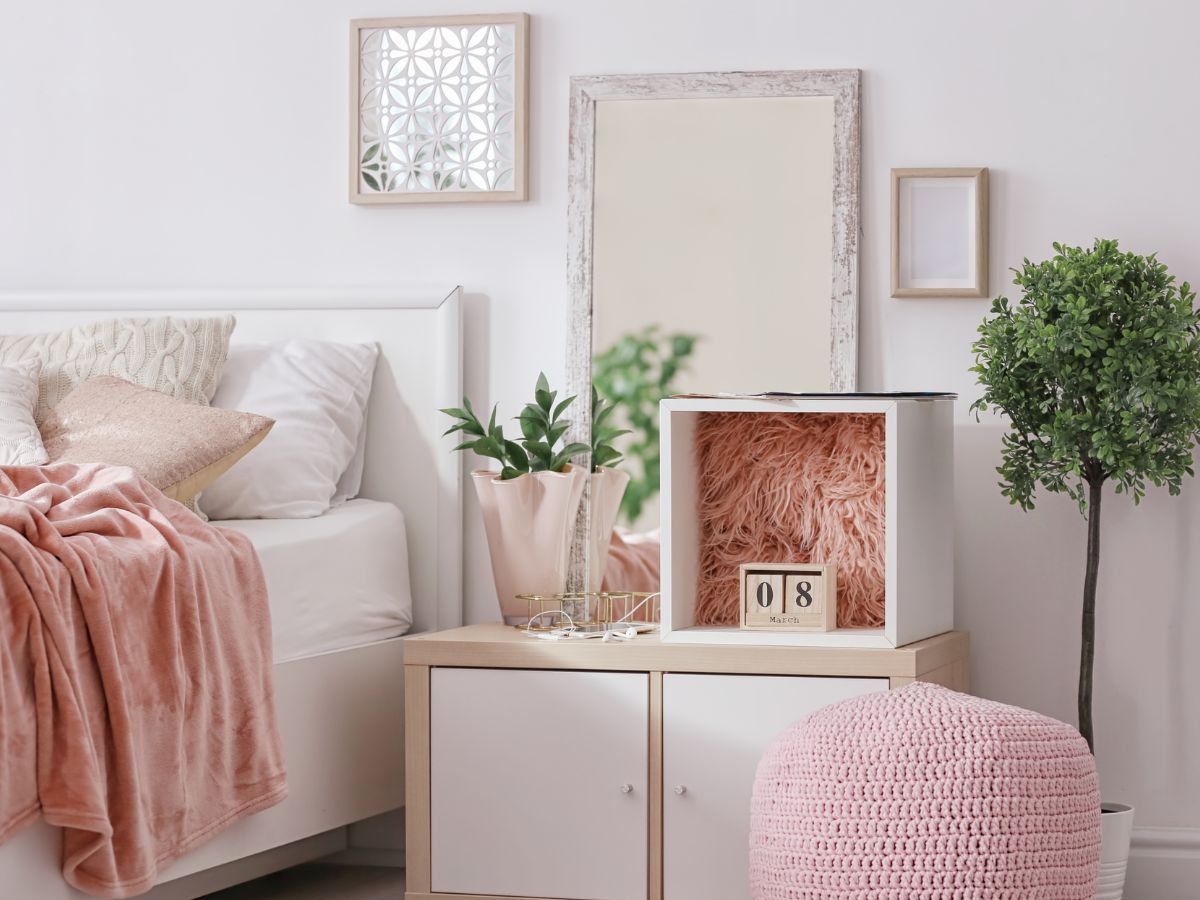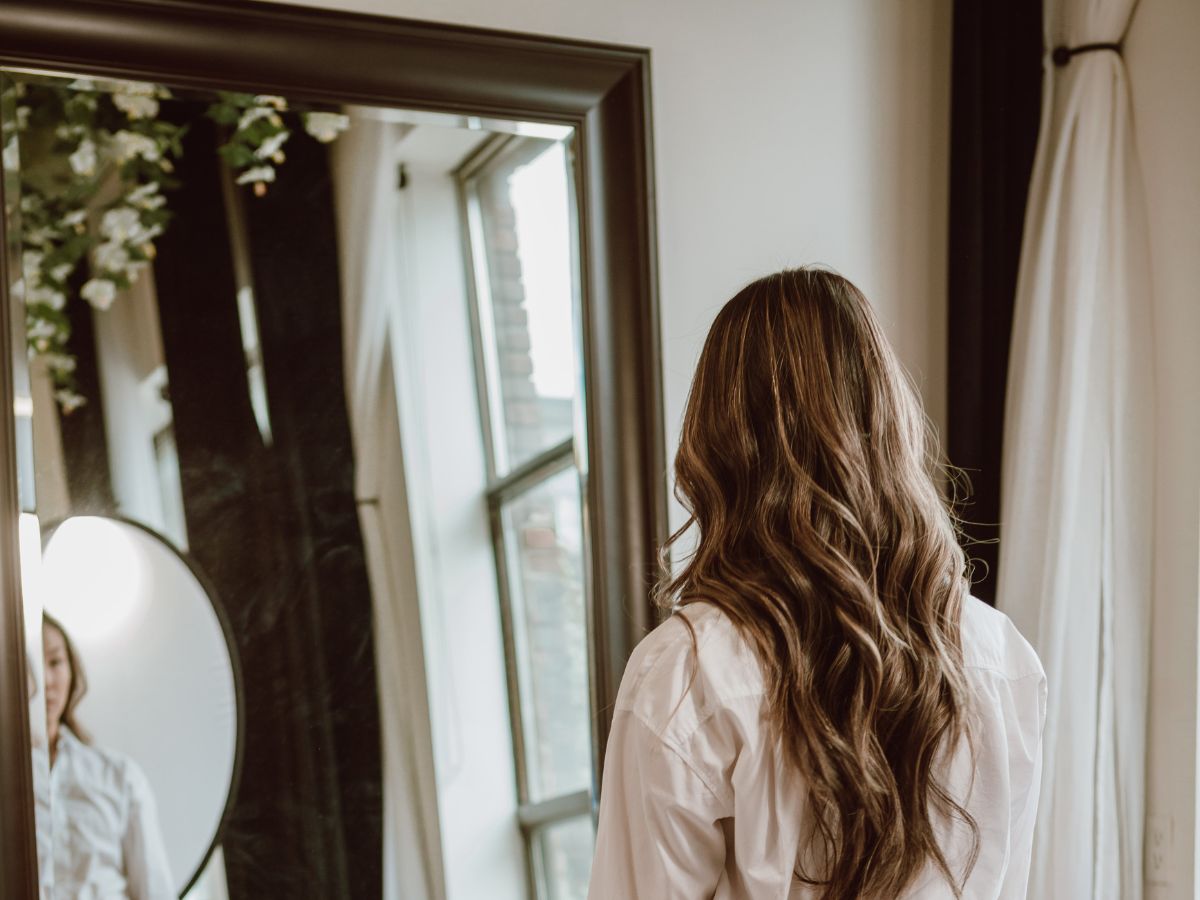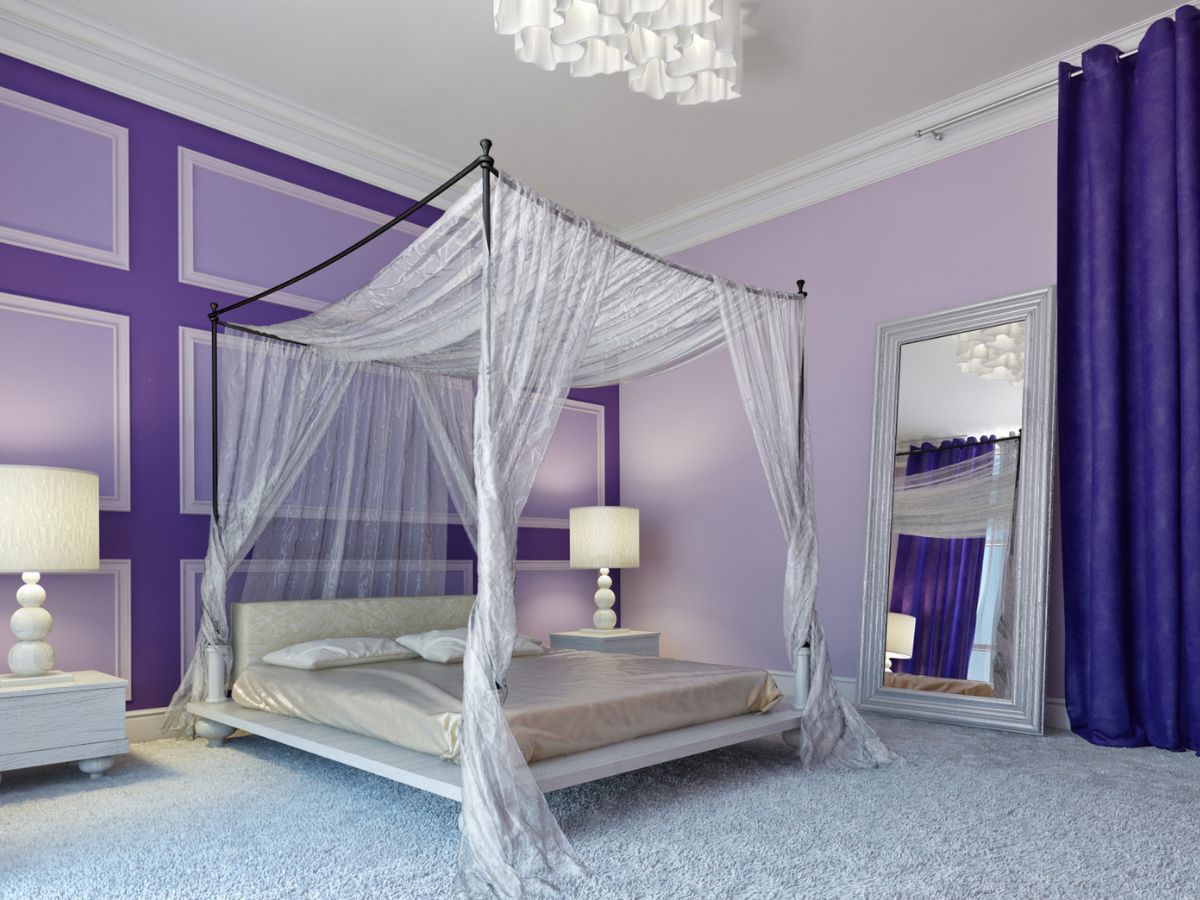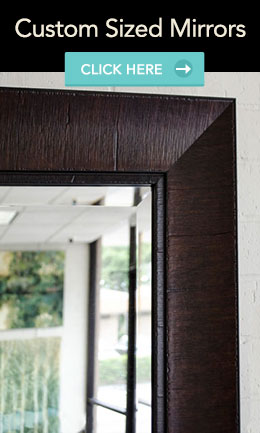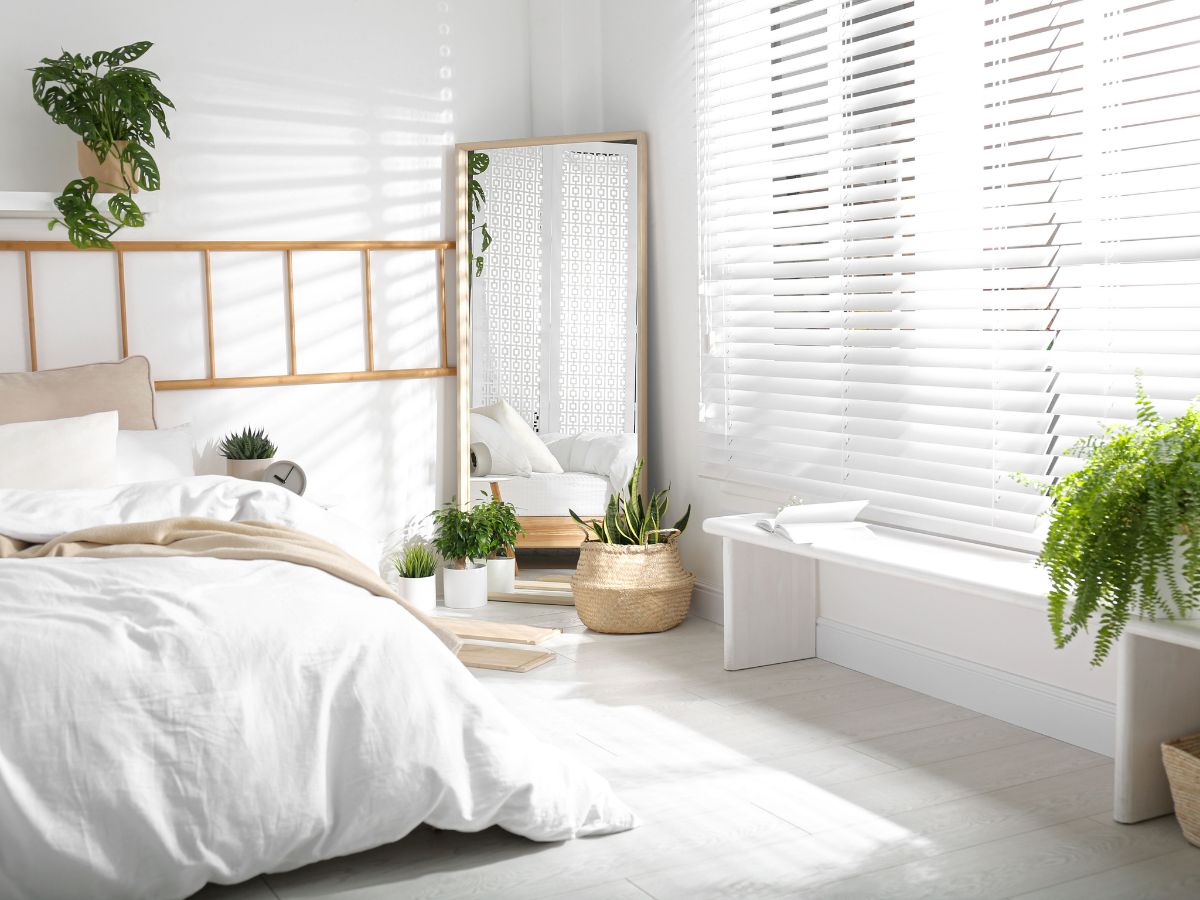
Decorative Mirror Ideas: How to Use Mirrors to Elevate Your Home Interior
Mirrors are seriously one of the most under-used tools in a designer’s arsenal. The right mirror can add light, depth, character, and style. The wrong one or wrong placement, though, can leave a room feeling off. Here are some current, practical tips (with recent trends) for using mirrors well in home interiors.
1. Reflect Natural Light Where You Need It
One of the most powerful mirror uses is bouncing natural light. Position a large framed or custom-sized mirror opposite or adjacent to a window. This helps brighten darker corners and can visually double the amount of light in a room. According to recent mirror guides, mirrors placed strategically to reflect desirable views or light sources make a dramatic difference.
2. Scale and Proportion Matter
Too many homes have a mirror that’s too small for the wall it’s on. A mirror needs to be in proportion with surrounding furniture or wall space. If above a console or sofa, aim for about two-thirds the width of that piece. Custom-sized mirrors are great here: you get exact fits rather than awkward gaps. Designers suggest oversizing modestly rather than undersizing.
3. Use Mirrors to Balance Asymmetry
If a room feels lopsided–maybe furniture is heavier on one side, or windows are uneven–mirrors are a strong balancing tool. Large or grouped mirrors can visually counterbalance asymmetry. One tip: a custom rectangular mirror on a short wall opposite furniture can pull the visual weight back into harmony.
4. Frame Style as Part of the Design Palette
Frames are not just borders, they speak style. Thin metal frames lend modern and clean aesthetics; wood frames add warmth; painted or decorative frames (gold, brass, matte black) can lean vintage or eclectic. If you’re matching hardware or fixtures, mirror frame finish should coordinate. Also, thin frames help mirrors blend better in tight or minimal spaces.
5. Avoid Common Mirror Mistakes
Mirrors can work against you if not placed thoughtfully. One mistake is reflecting clutter, unattractive features, or blank walls because it wastes the visual potential. Another is placing mirrors so low or high that they distort proportions or make sightlines odd. Also, too many mirrors of the same shape or lined up improperly can feel chaotic instead of elegant.
6. Layer Mirrors with Other Decor for Depth
A framed custom mirror doesn’t always have to stand alone. Pair it with art, lighting, plants, shelving. For example, flanking a rectangular mirror with sconces adds both lighting function and design balance. Or, lean a full-length mirror and lean a tall plant next to it. Texture softens the reflection and adds atmosphere.
Decorating with mirrors is about more than just picking pretty glass. It’s a strategy to make spaces feel bigger, lighter, and more polished. For interior designers and remodelers, investing in framed, properly scaled, custom-sized mirrors can significantly raise the look and feel of a room. When placed well, mirrored pieces become focal points, functional tools, and style statements.
